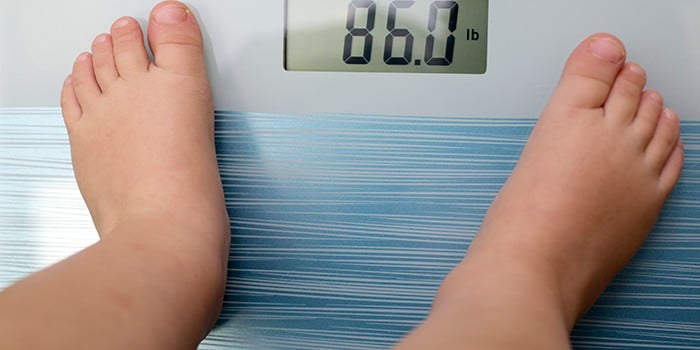What is Childhood Obesity?
Childhood obesity is considered a serious medical condition that affects children and adolescents. It is troubling due to the start of health problems to children at an early age that are considered adult problems such like diabetes, high blood pressure and high cholesterol. Not only that but it could lead to poor self-esteem and depression. In order to avoid child obesity, one of the best strategies would be to improve the eating and exercise habits in the family. Treating and preventing childhood obesity helps protect a child’s health now and in the future.
Symptoms
Many children carrying extra pounds are not considered overweight. Some children have larger than average body frames and can carry different amounts of body fat at various stages of development. The body mass index (BMI) provides a guideline of weight in relation to height. This method is the accepted measure of overweight and obesity. A child’s doctor can use growth charts, the BMI, and other tests to help figure out if a child’s weight could pose health problems.
Causes
Many lifestyle issues contribute to childhood obesity. Too little activity and too many calories from food and drinks are the main contributors. However, genetic and hormonal factors play a role as well. To learn more, check out the next blog post here.
Complications
Childhood obesity often causes complications in a child’s social, physical, and emotional well-being.
Physical complications:
- Type 2 diabetes
- High cholesterol
- High blood pressure
- Joint Pain
- Breathing problems
Social/Emotional complications:
Children who are considered overweight or obese could experience teasing or bullying from their peers. This can result in loss of self-esteem and increase the risk of depression and anxiety.
Prevention
Here are a couple of ways to help prevent excess weight gain in a child:
- Set a good example: By making healthy eating choices and maintaining regular physical activity could benefit the family.
- Have healthy snacks available: Options like fruits with low-fat yogurt, baby carrots, whole-grain cereal, and low-fat milk.
- Ensure children get enough sleep: Studies indicate that too little sleep can increase the risk of obesity. Sleep deprivation can cause hormonal imbalances that lead to increasing appetite.
- For a more prevention tips please visit here.
For more information, please visit our Podcast Page

